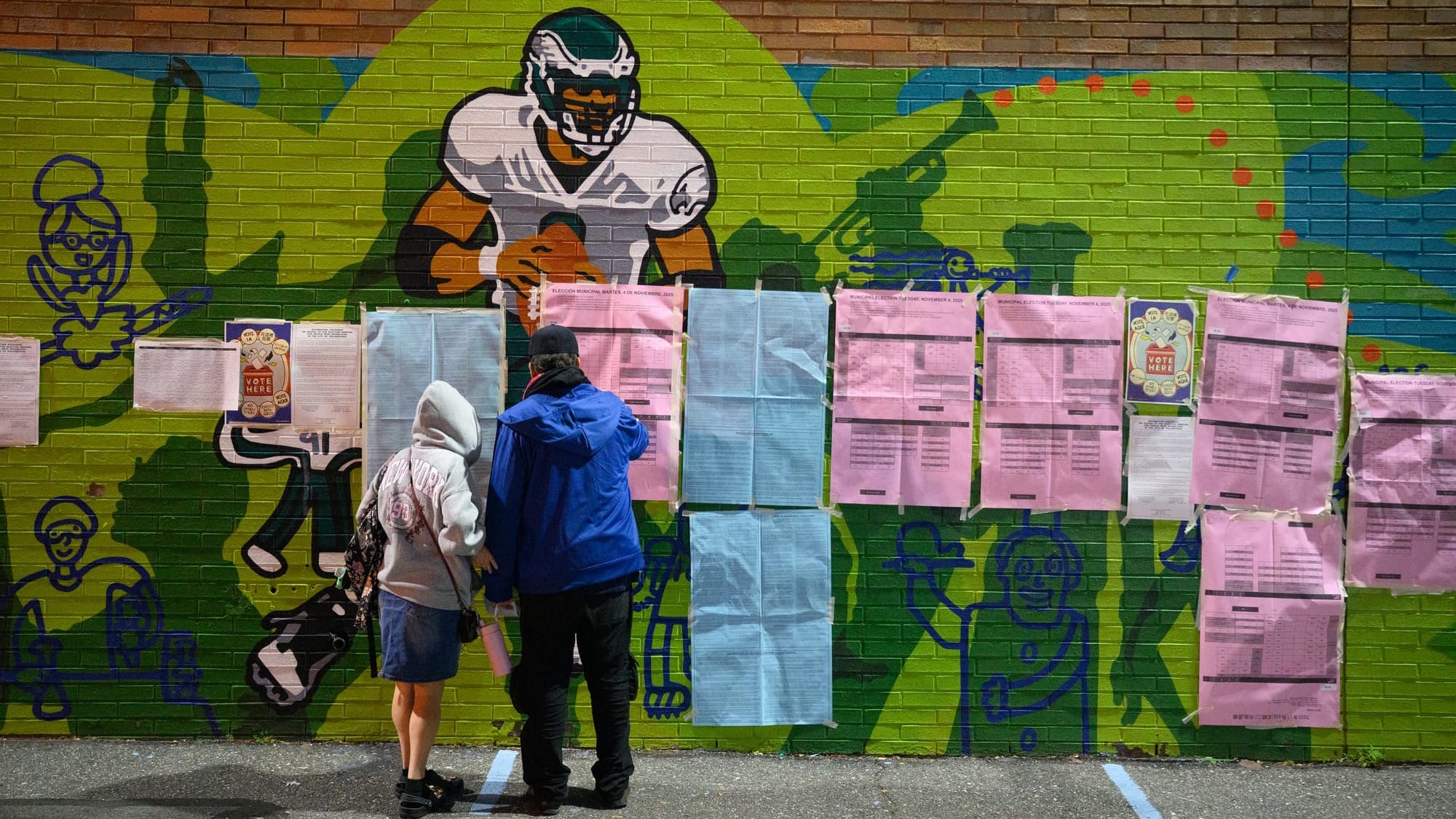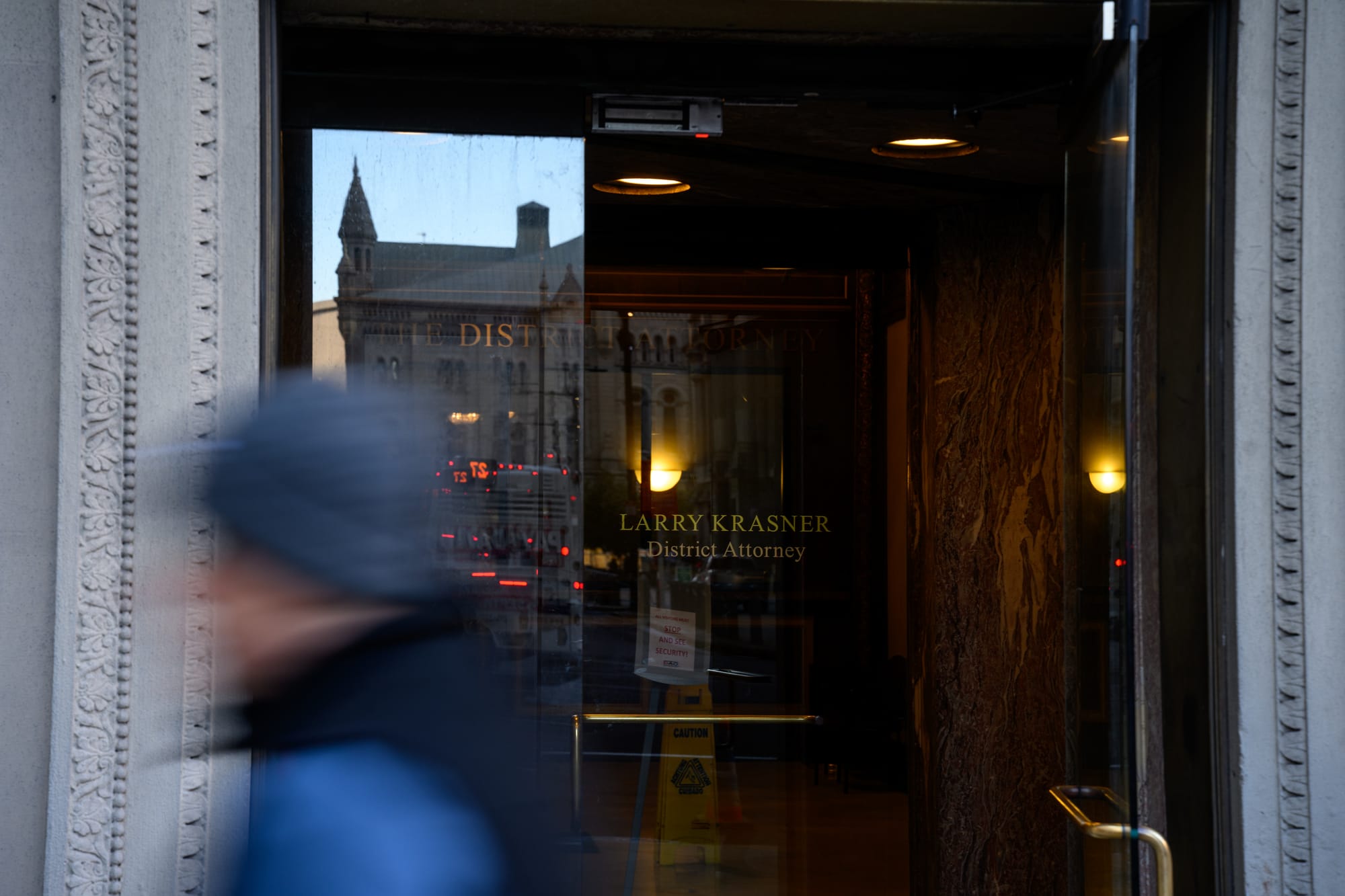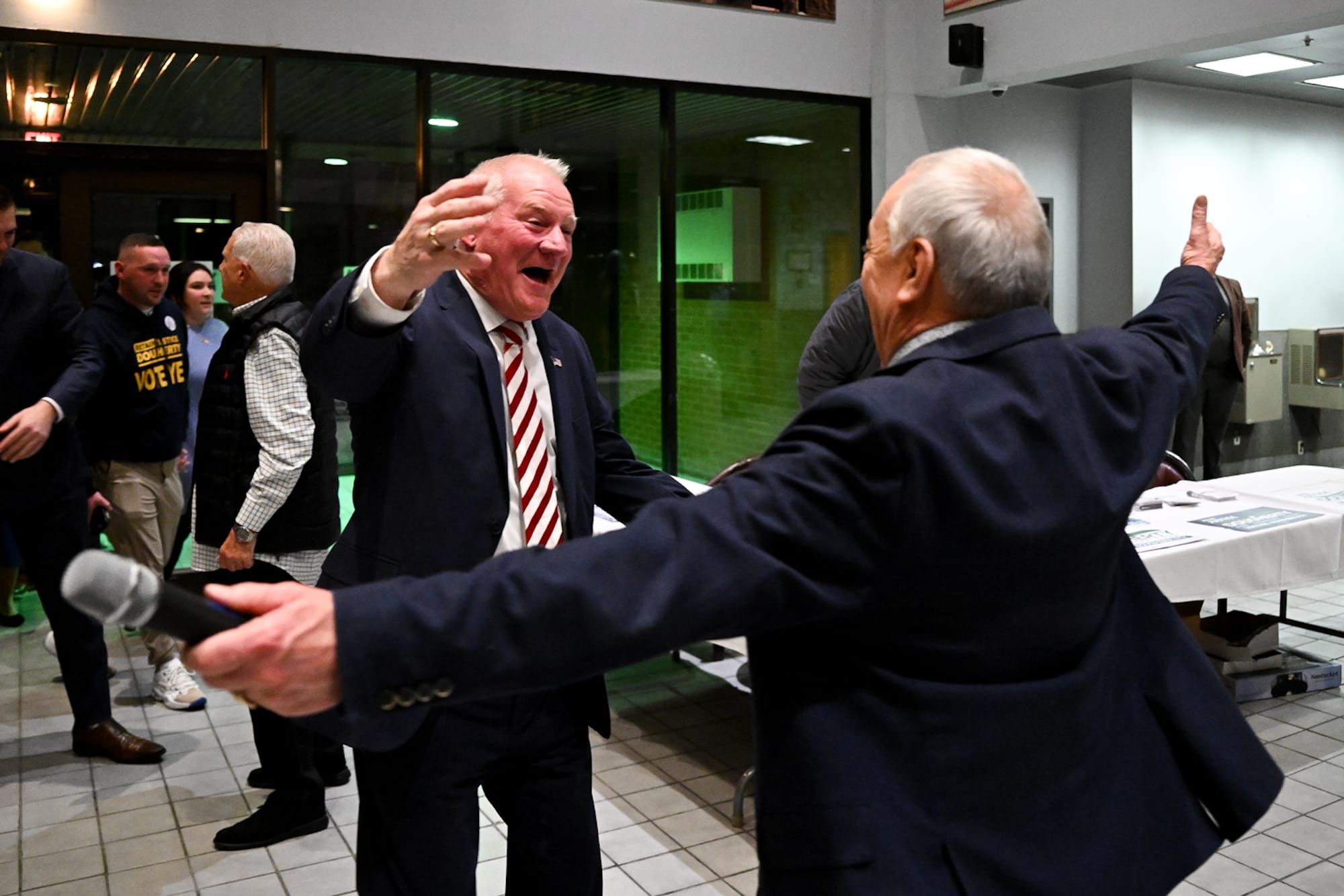The Court Race
How the PA Court System works can be complicated. Let’s get you up on game.
The Pennsylvania State Supreme Court is the highest judicial body in our commonwealth, reigning over all of the over courts in our state’s Unified Judicial System. Legal action starts from trial courts, then may move to appeals, before reaching the state Supreme Court. This visualization walks you through the path of case in the Pennsylvania Judiciary. The length of time this takes can vary, with some resolved in months and others taking years. With the 2025 judicial elections approaching, it’s especially important to understand where judges sit in the political process, how many there are and which judicial seats are on the ballot.
Statewide, there are 60 Courts of Common Pleas, 509 Magisterial District Courts, one Municipal Court in Philadelphia, plus the Superior Court (15 judges), Commonwealth Court (9 judges), and the Supreme Court (7 justices). Philadelphia alone has the state’s largest Court of Common Pleas district with about 100 judges, along with 27 Municipal Court judges.
On the ballot this November, there are three state Supreme Court justices facing retention, along with additional appellate and trial court judges across the Commonwealth. In Philadelphia, dozens of Common Pleas and Municipal Court judgeships are also part of the election cycle, meaning the city accounts for well over a hundred judicial seats in Pennsylvania’s courts overall.

Court of Common Pleas: These are Pennsylvania’s main trial courts. They handle serious criminal cases, major civil disputes, family law issues, and appeals from the minor courts.
Municipal Court: Unique to Philadelphia, this court handles smaller criminal cases, landlord–tenant disputes, traffic violations, and civil cases with lower dollar amounts.
Commonwealth Court: A statewide appellate court that focuses on cases involving state and local governments, agencies, elections, and public programs.
Superior Court: The other statewide appellate court that hears most criminal and civil appeals, including family law and child custody disputes.
PA Supreme Court: The state’s highest court and final authority on interpreting Pennsylvania law and the state constitution. It sets binding precedent for all lower courts.
Special playing pieces:
Juanita Kidd Stout: Philadelphia’s Criminal Justice Center bears her name. In 1959, she became the first Black woman elected to a court of record in U.S. history. In 1988, her appointment to the Pennsylvania Supreme Court made her the first Black woman to serve on a state supreme court in the country.
Eagle: The eagles as an American symbol that signifies spirit, strength and ambition was established through syncretic appropriation, drawing significance from Jupiter in Roman mythology as well as Indigenous traditions. In Lenape culture, eagles hold meaning as messengers to the Great Spirit. Fly Eagles Fly…






